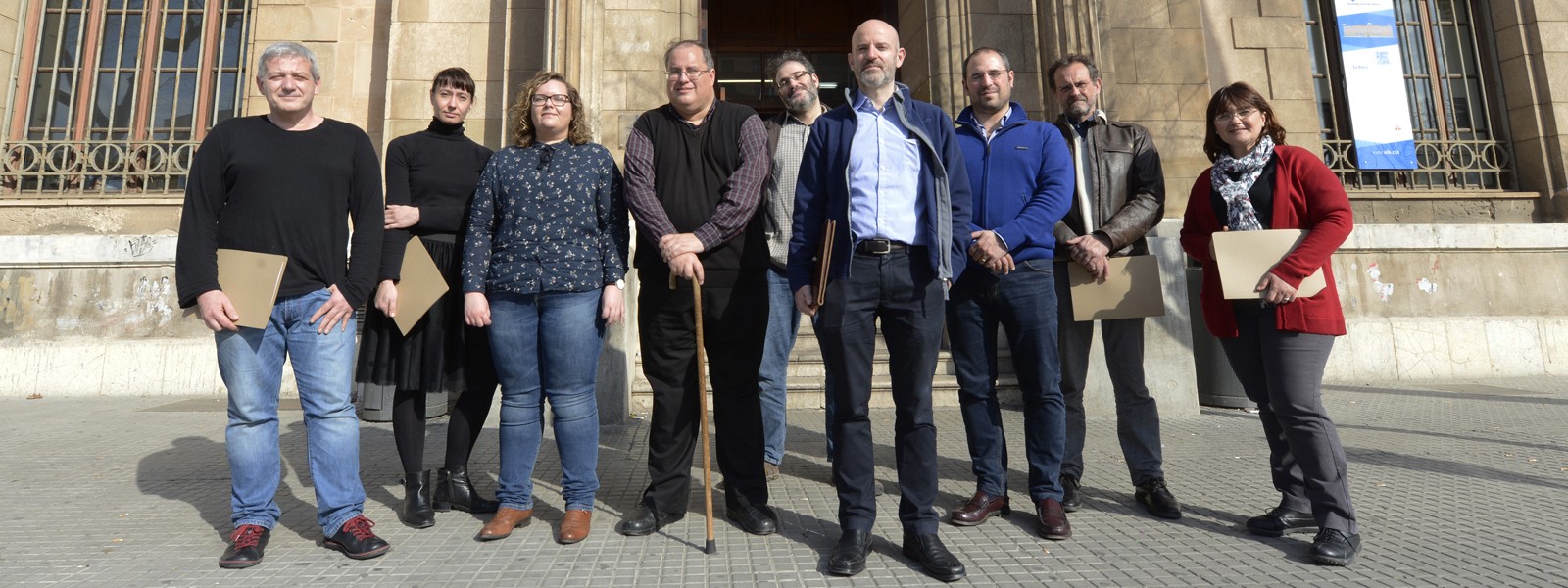DIRECTOR
MORE
Andrés Enrique AriasRESEARCH TEAM
Ruth Miguel Franco and Antonio Bernat Vistarini, University of the Balearic Islands; Javier Rodríguez Molina, University of Granada; Cristina Matute Martínez and Saint Louis University (Madrid Campus); Álvaro Sebastián Octavio de Toledo Huerta, Ludwig-Maximilians-Universität München; Florencio del Barrio de la Rosa, Ca’Foscari University of Venice; Luis Manuel Girón Negrón, Harvard University; and Francisco Javier Pueyo Mena, College of the Holy Cross.
COLLABORATING INSTITUTIONS
DESCRIPTION
Translations of the Bible into Spanish in the Middle Ages and Renaissance constitute a unique episode in Spain’s cultural heritage with repercussions across a wide spectrum of disciplines. The large number of extant translations and their early dating provide us furthermore with a translation corpus unrivaled among European languages.
The 15th-century transformations into Romance or ‘romanceamientos’, made by Jewish translators to satisfy the intellectual curiosity of Christian nobles, are a manifestation of the complex interaction of Jews and Christians that is an Iberian paradigm of cultural creativity. To facilitate the study of these texts, the applicants have recently developed a Medieval Bible corpus supporting parallel consultation of paleographic transcriptions of all extant biblical ‘romanceamientos’ together with their Hebrew and Latin sources, with the option of viewing digital images of the original manuscripts. In this next stage, the research team will take a multidisciplinary approach combining the efforts of specialists in historical linguistics, dialectology, comparative literature, Hebrew, Latin and computer science to create a full electronic edition of the corpus that also takes in Renaissance bibles.
This new publication, with free online access, will offer three versions of the texts: with facsimiles and paleographic transcriptions joined by a critical text with normalized spelling and punctuation comprehensible to both researchers and the non-specialist reader. The edition will come complete with lemmatization and exhaustive grammatical notes, to facilitate complex linguistic analysis and thereby a deeper understanding of this major textual corpus.

